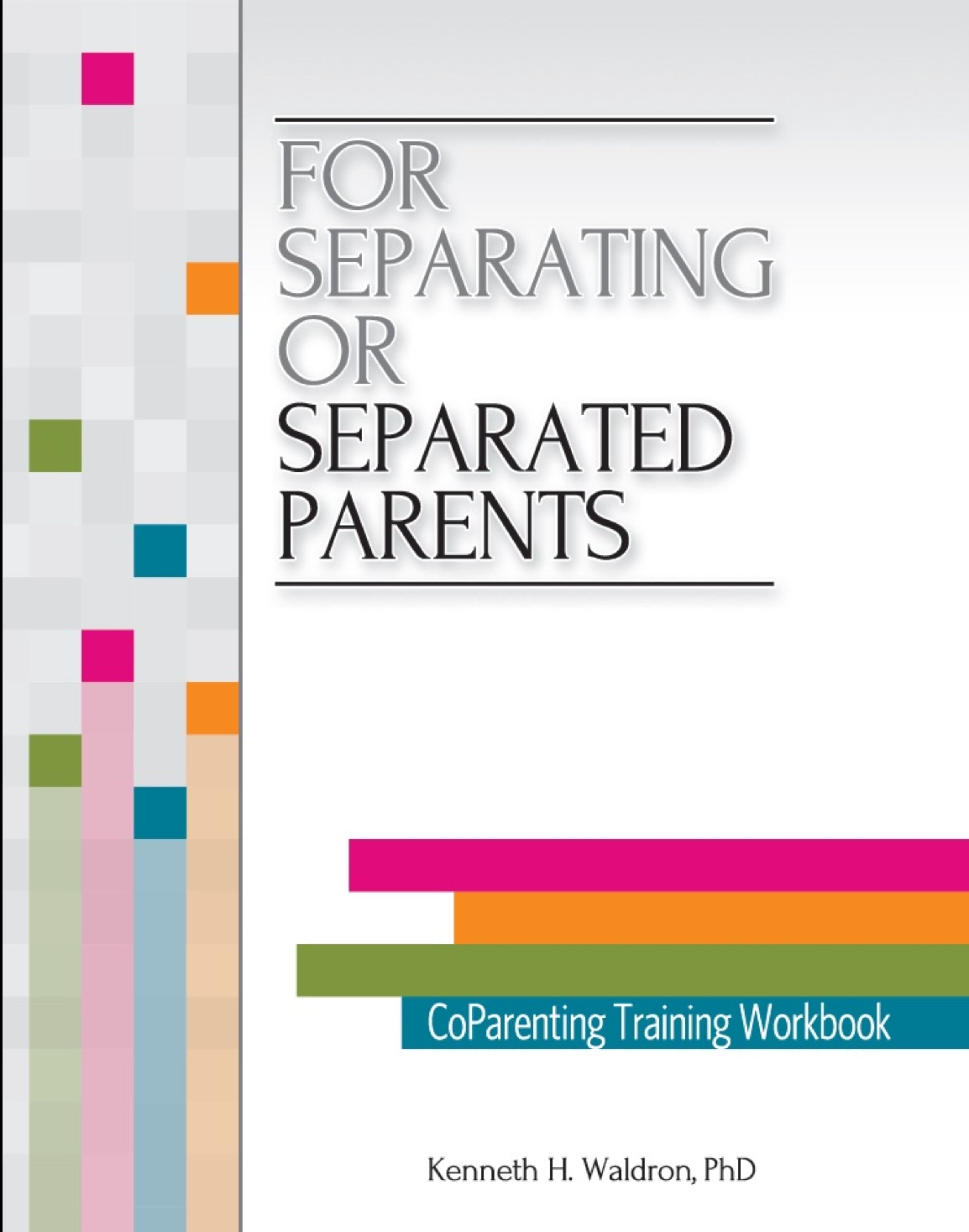People are Rational and Generally Make Good Choices: But the Family Law System Can Trick People?
© 2016 Kenneth H. Waldron, PhD and Allan R. Koritzinsky, JD
In prior articles, we wrote about the natural desire to prevail against perceived rivals and the potential use of game theory to understand obstacles in the current legal system as it takes families through parental separations and divorce. We next focused on how the legal system begins to trick people into self-defeating patterns of decision making:
Trick #1 – distracting people from their life goals into thinking that legal outcomes are goals;
Trick #2 – treating divorce as a zero sum game;
Trick #3: the system assumes disputes and seduces parents into thinking the same;
Trick #4: treating children as property; and
Trick #5, that selfishness is the best strategy
Trick #6 reflects the two different worlds of the divorcing spouses, in one world, and the attorneys, in a different world. Litigation is in essence a competition, and in the lawyer world, the goal is to win. Much of the training that lawyers go through is on how to win. Much of the emphasis is on winning in trial, but the goal to win also infuses and undergirds the negotiation process. Divorcing spouses are easily seduced into this frame of mind for two reasons: (1) they have likely had numerous frustrating power struggles with one another that neither of them have won, so winning in the last power struggle is appealing; and, (2) divorcing spouses become dependent on their attorneys and follow their lead because the attorney is a guide through the unknown territory of the legal system. From the very beginning of the case, each attorney identifies the prizes for winning, such as custody, spousal support and a desired division of property, and then establishes a case plan that maximizes the chances of winning.
That winning is important pervades the process, and few divorcing spouses can resist joining the fight. A divorced man I met in my practice told me the story of his lawyer congratulating him when the divorce was final because the orders looked like a win to the attorney. The man told me that he did not feel like a winner; he felt like someone had just died. He was in the world of the spouses while his attorney was in the world of lawyers.
Many of the winning strategies hinder divorcing spouses from being able to leave their marriage behind and move on in their lives. One example is client control: specifically, telling the divorcing spouse to go through the attorney and avoid direct conversations with the other spouse. Science tells us that the sooner after a separation parents have direct communication with one another, the higher the probability that they will develop an effective coparenting relationship. Good legal advice, therefore, might help to “win”, but create obstacles for the parents’ future family relationships.
Winning is important, but the prizes should reflect the lives of the divorcing spouses, not the world of the attorneys. The subjective experience of viewing the legal outcomes as fair might be more important than a few dollars won in negotiations. Moving in the direction of an amicable coparenting relationship might be more of a win than getting an extra overnight. Happy children might be a greater source of pride than seeing the person, you used to love, be defeated in a trial. Don’t be tricked!
DR. KENNETH H. WALDRON, PhD is a clinical psychologist and partner of Monona Mediation and Counseling in Monona, Wisconsin. Dr. Waldron has done research and published broadly on topics related to children of divorce. He has presented to and trained groups of judges, lawyers and mental health providers nationwide and internationally, along with appearances on television and radio. He provides forensic services, including custody evaluations and expert testimony on divorce-related issues.
ALLAN R. KORITZINSKY, JD is a retired partner with Foley & Lardner LLP in Madison, Wisconsin. As a family law attorney representing individual clients for over 44 years, Mr. Koritzinsky has focused on divorce law, alternative dispute resolution and works with colleagues in estate and business planning and real estate transactions. Mr. Koritzinsky was listed in The Best Lawyers in America® for over 25 years. Mr. Koritzinsky was the 2011 recipient of the State Bar of Wisconsin Senior Lawyers Division Leonard L. Loeb Award. Mr. Koritzinsky has authored or co-authored numerous articles and books and lectured in lawyer and judicial continuing education seminars throughout his career.
Dr. Waldron and Mr. Koritzinsky are co-authors of the following books:




